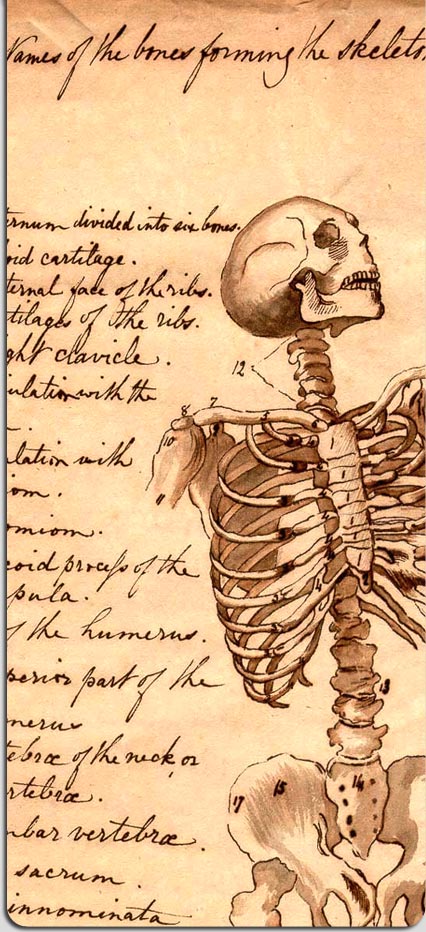Medicine, Teach Me Chronic Disease
Call me crazy (“Hi, Crazy!”), but I think we need to start changing the medical school curriculum a bit.
One of the main focuses of the pre-clinical and clinical curricula is teaching the medical student the art of the differential diagnosis. You basically take someone’s symptoms, and try to figure out what’s causing their disease–any number of body systems can cause similar systems. And as the saying goes, “You can’t treat what’s not on your differential.” That is, you’ve got to consider everything, so if it’s not what you think it is, you’ve got a fallback 2nd or 3rd idea for what the problem could be. Obviously important to reinforce this concept into our heads. Over, and over, and over again. And then over some more.
But one area where I think we’re lacking–because medicine has changed so much–is the treatment of the chronic disease. We focus so much on the acute still in medicine, when our patients have primarily shifted to the chronic. Sure, as residents we have clinic time where we see patients as outpatients in a chronic disease setting–but most of our residency (and much of our medical school) training is still focused on the acutely ill patient. While this definitely hammers home important concepts in many diseases, which can then be translated to the outpatient basis, I wonder if there’s more we should be learning. If you look at physicians as a whole, they’re not working in hospitals, taking care of acute patients. They’re working in private practices, seeing outpatients.
What should change? A couple ideas:
- Focusing on trends, not on specifics
- Focusing more on prevention if the disease will be life-long
- Time management with patients
- Changing the culture so that patients expect to come in when they’re well and when they’re sick
- How to stay energized and avoid burnout
- How to maintain relationships with patients over years
- How to work efficiently and effectively with other specialists/generalists
- The differences between acute care and chronic care
- Explaining chronic versus acute care to patients
A lot of this you can pick up on your own with trial and error, tips and tricks from attendings, and good social skills–but it seems like it’s this gaping hole that medical training is de-emphasizing, even though it’s the bulk of “practicing medicine” as professional physicians.
